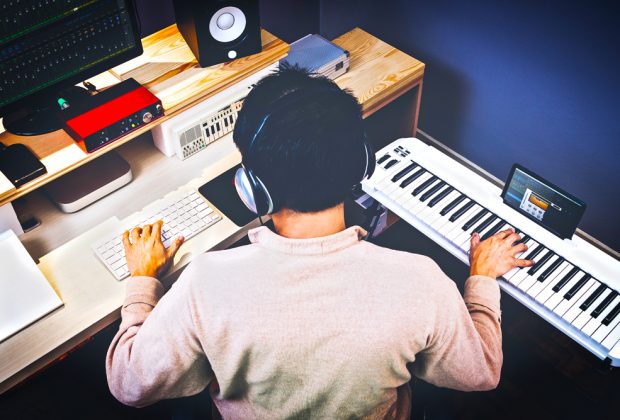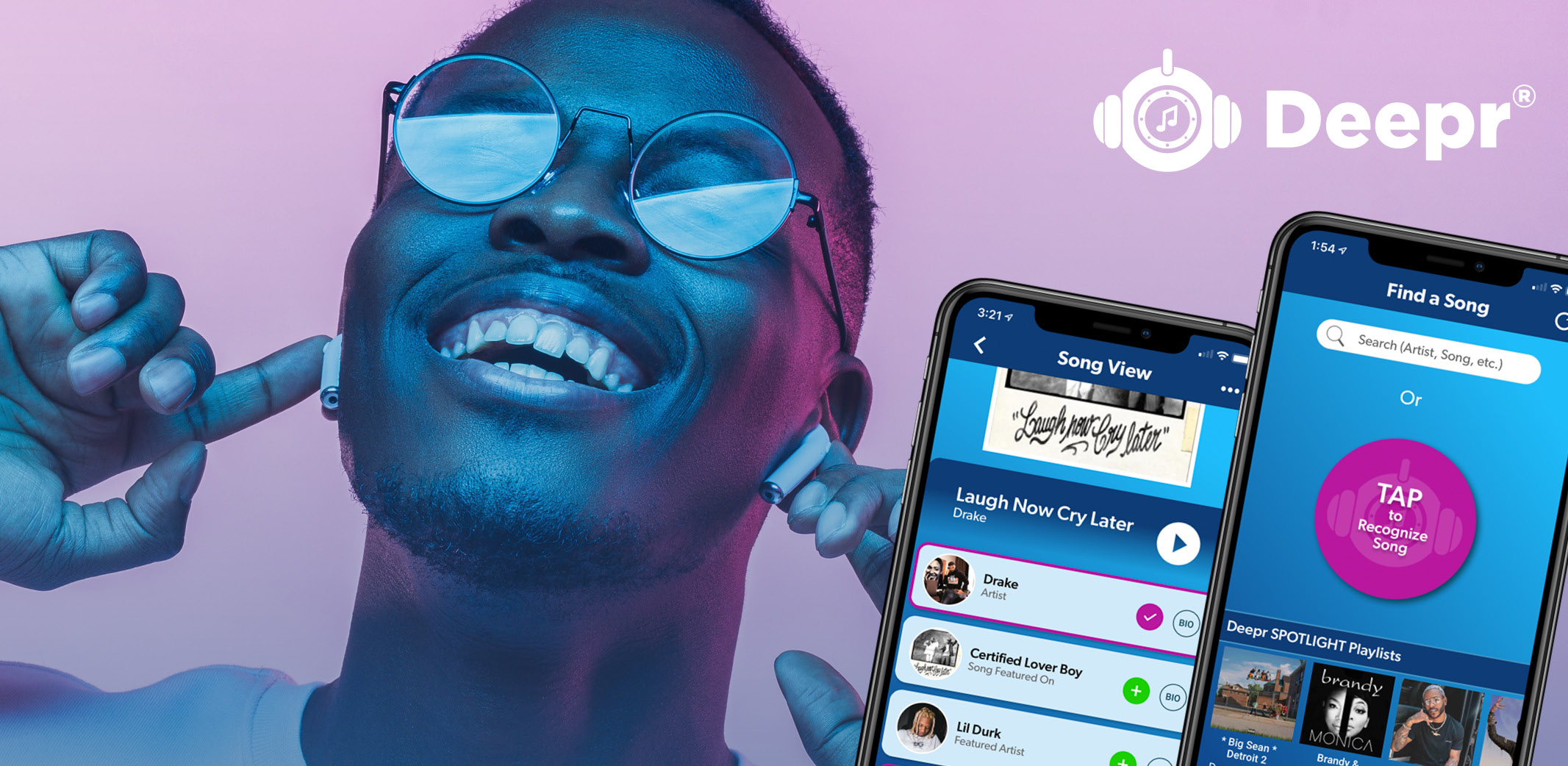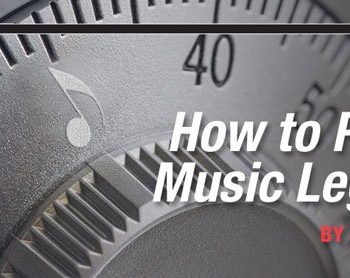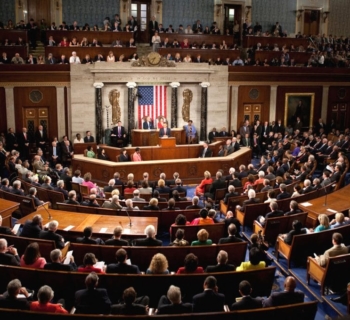What is a “hit” record? Generally speaking, it is a recorded song or instrumental that becomes broadly popular or well-known. It is usually a single that has appeared in an official music chart through repeated radio airplay or significant commercial sales.[
Every artist seems consumed with getting on a Spotify playlist. Artists think this will get them a hit record. This depends on how you measure a hit record. If you measure a hit record by the number of Spotify streams, then yes that’s achievable. You can market yourself on all social media platforms. You can cheat and buy streams. You want to be on a Spotify playlist?
Over 4 billion playlists exist on the platform, according to Spotify itself. So, with 4 Billion playlists how is anyone going to find your song? According to many artists you have to promote it heavily on all your social media. But will that be enough?
Can artists break through and truly make it big? It was radio airplay that broke them and got artists social media and streaming numbers that propelled them to stardom. The articles are countless that radio is the surefire way for a musician to make it in today's market. Radio play remains crucial to the success of any musician who seeks out that kind of fame and lasting recognition. Radio continues to play a major role in exposing rising talent to a broad audience.
It wasn’t until Cardi B. took her social media superstardom to the airwaves which allowed to her reach vast new audiences. These audiences that might have passed her over otherwise helped turn her into a mega-star.
A good chunk of the hottest stars, from Ed Sheeran to Alessia Cara to Charlie Puth, got picked up by record labels after building huge networks of followers online. For all of these huge stars, the catalyst that propelled them from social media to mainstream international stars is the tried-and-true medium of radio.
From an article on Flypaper says “Spotify and Pandora have helped to change the landscape of music discovery. Technology has that effect on all of us". However, these newer methods of music discovery have not replaced the stalwarts of the past. Too often, musicians who have only ventured into the realms of digital streaming assume that radio is a thing of the past, that people aren’t listening to it anymore. That couldn’t be more wrong.
The main reason why radio still matters is because it provides a human connection between music and an engaged audience. The difference between what radio does and what music streaming services do have everything to do with the human connection and experience. Streaming services typically play song after song, with the only transition coming during a commercial break. There is no introduction of the next song, no insights or backstory of the artists presented. It’s a hands-off presentation of music, with no one assuming responsibility for the choice.
There’s a really talented artist with a guitar somewhere who wants to make it big but thinks he doesn’t need radio. Artists will spend thousands on production with no money left for self-promotion. He/she envisions stardom just by creating a YouTube video every week for their subscribers. He’s wrong, and he’s not following the advice of those who have been there before him. He’s probably pretty great. But without the radio, there is a whole segment of enthusiastic listeners who will never get a chance to hear him and make him a music powerhouse.
Radio continues to be a player in the music media world.
OK we know that radio pays a lot more than streaming a song. Depending upon where you are being played royalties run between streaming rates all the way up to BBC Radio 1: £37.76 per minute. BBC Radio 2: £82.07 per minute. BBC 6 Music: £8.06 per minute. That is a hell of a lot better than spotify or Youtube.
Now we know that radio can also get you a hit record that people all over the world will hear and stream. There will come a day when radio airplay will also enable you to tour the world successfully.
Radio is about the only media that has not been impacted by the pandemic. As a matter of fact, most major labels have 360 deals with their artists. This means the label takes a piece of all their performance and merchandise monies. Mediabase radio stations are the stations that report airplay to charts like Billboard and others. If you want a hit record, being on Billboard charts defines a hit record.
Up until now, radio promoters delivered Billboard radio campaigns. These campaigns in the past ranged from up to 100,000+. These reporting stations traditionally were fed music from the major labels. Most of the major label execs are now working from home with limited staffing. New releases from the major labels are almost non-existent during the pandemic. They cannot justify spending big money promoting a release when they cannot tour their artists and make money from their performances. This has left a huge hole in major market radio’s playlists.
We operate a worldwide radio promotions company in 180 countries, Musik and Film. We have always submitted the indie artists we were promoting to all the Mediabase reporting stations. In the past, if we were lucky, we would get picked up by 1 or 2 stations. In the last few months, we have Indie artists picked up by hundreds of Mediabase reporting stations. We believe this is simply because they need content. You can only play the same songs for so long before people turn it off.
Indie artists, if you want a hit record there has never been a more opportune time than now to promote it to radio. Get your hit record. Prepare now for the end of the pandemic when life is normal again and artists can tour. There is a method to touring, using your radio promotion as live performances are the most lucrative way for a musician to make money.
What is a hit record? Find out.
STEPHEN WRENCH is a songwriter-composer-lyricist-producer-guitarist who has worked with numerous top-notch artists, including Tom Petty, Missing Persons, Survivor and many more. See stephenwrench.com for further information.













